Chris Struck got my attention the old fashioned way – he posted online. Joking aside, his expertise shows offline as well as on it, working as well blogging as a sommelier. He credits a hybrid French/Southern upbringing in Destin, Florida as the birth of passion for food and beverage. At age 14, he began cooking for Chef Tim Creehan’s fine dining restaurant group. As a young man, he spent time overseas in Europe, and while attending Johnson & Wales University, found his calling among the vines while interning at Chef Tom Colicchio's New York restaurant Craft. From there he dove head first into the wine world, gaining certifications from the Wine and Spirits Education Trust, the Society of Wine Educators, and Germany's Deutsche Wein Und Sommelierschule
Struck then went to work as assistant sommelier at Racines in New York. Recently he left to join the team at the soon-to-be opened Rouge Tomate Chelsea under Master Sommelier, Pascaline Lepeltier. In addition Struck consults for White Street Restaurant. If that's not enough activity to make you woozy, he is currently completing an Executive MBA in Food Marketing at Saint Joseph's University in Philadelphia. Enough getting caught up in titles. It's time we get "struck" with Chris.
How did you get into the hospitality industry?
My first job was working as a food columnist for the local newspaper in my home town, where I was known as “the Food Dude." At one point, I conducted a series of interviews of chefs for the column. I was interviewing a well known local chef and my final question for him was (jokingly), “How young do you hire?” I was 13 at the time. After what I thought was playful banter, he said, “Do you want a job?” It was the first time in my life I uttered the phrase, “Yes, Chef.”
Online you give good pointers on good wine shops. Personally, I’ve noticed that few of wine stores exhibit service savvy. Or they lack an interesting selection. What is your general advice on finding a good wine shop?
Sales is all about relationships. Even more so with a lemon product like wine. You’re selling your reputation first and foremost. The only way to preserve that integrity is to get to know the preferences of your customers, then guide them over the stepping stones to advance their interests (if any) in exploring new wines. It’s a bit different dynamic than restaurants. After a cursory Google Maps to narrow down shops nearby your neighborhood, you actually drop by each store and browse. Then you start asking questions. Is the staff knowledgeable and genuine in their desire to talk with you about wine? Are they personally excited about certain regions, producers, or grapes? Is their selection diverse? Those are all good signs to look for.
How do you taste wine or pair with food?
I stick to the fundamental "S's." See, Sniff, Swirl, Sniff, Sip, Spit, Swallow, Savor.
Looking at the color of a wine can tell you something about the variety or age. White wines tend to get darker as they age, while reds tend to get lighter. Nosing or sniffing the wine can bring pleasure but also indicate something about the grape or if the wine has any flaws. The first nose can sometimes be much different than how the wine smells once the wine sees more oxygen or breathes (when it’s swirled), so always sniff before swirling. Then take a taste, which can help reveal something of the grape, aging, and the place. Then either spit or swallow, depending on the setting.
There are a lot of rules to follow around pairing. Some people say, “Drink what you like with whatever you want to eat.” It’s a free country. Of course you can of course do that. But it’s a disservice to the food someone took time to prepare, as well as to the wine that someone took time to make. And to yourself, as you probably paid for both. Once you understand the nuances of how wine and food can pair, it opens up a new realm of pleasure. You owe that understanding to yourself.
“Matching" is one concept to follow. "Contrasting" is another way to do it. In matching, the weight and structure of the wine, say a red Bordeaux or Nebbiolo for example, is matched with the weight of a dish, such as a steak or braised wild boar. In contrasting, the high acid freshness of a classic Loire Valley Chenin Blanc or Champagne makes a perfect complement to the richness of oysters or a white fish served with a buttery sauce.
The rules of wine we usually get are red can be had with red meat and white with chicken and fish. How useful is that in choice?
They are good basic tenets to stick with because they more often than not work. But there’s no reason to be dogmatic. Acidity, alcohol, sugar (if any), minerality, tannins, structure, body, weight – all that – matching those with a protein or seasoning is far more important than a color.
Are there good wine bars in NY?
Some of the best in the country, if not the world! Racines La Compagnie de Vins Surnaturels, and The Ten Bells are among my favorites.
Is "terroir" is a legitimate term to use for wines? Italians produce more wines per-capita as opposed to the French, so would that mean they don’t have as good wine as the Italians, or is it luck that Italians have more varieties?
Terroir is definitely a legitimate concept having to do with the unique sense of place found in a wine that helps define where it is from. Unfortunately the term has been bastardized and overused in wine marketing by far too many whose wines don't much speak to any specific place that they are from.
Should wine be drunk alone or with food?
I think most wines are more enjoyable with food but, again, it’s not something I’m devout about.
Red or white – what's your preference?
If tabulating all the wine I taste in a given week (which would be a daunting task), statistically I lean towards reds. It really depends on my mood, who I’m with, where I am, and what, if anything, I’m eating.
Under $10 as good as over $100?
Perception is reality. But the simple answer is “no,” not usually. You’d be hard pressed to find a quality wine for under $10 in today’s market, especially in NYC. That said, the odds of my being pleasantly surprised by the quality of $100-plus bottle versus a $25-minus bottle is much slimmer. I like wines to over-deliver. It’s difficult at that $100-plus price point.
Sommeliers, are they still needed or do we just go with instinct?
Great question. More and more we hear it questioned whether, in an age of apps, somms are becoming less and less relevant. But when you employ the use of a sommelier, as a guest or as a restaurant, you are paying far more than any app can provide. You are paying for service and education. You are paying for a person who spends everyday doing the legwork exploring great wines to introduce you to. The playing field is changing everyday with auctions and gray market competition between wine buyers and collectors (which opens the discussion of today’s consumer being more knowledgeable about wine than ever before). All to say that sommeliers are still very much needed as ambassadors between winemakers and wine drinkers.
How does one educate themselves about wine, read or drink?
Both. But learn to drink with the purpose of first understanding more about what you’re drinking, how it was made, and where it came from. Then drink for pleasure. Also travel. Maps are a huge part of a sommelier’s education, but visiting a region gives you an intimate understanding not gained by any other means.
What do you do besides taste amazing wines in your free time?
Travel, read, cook for and (or) dine out with friends and colleagues. All are significant parts of education. Occasionally I get to take advantage of New York’s awesome theatre culture.
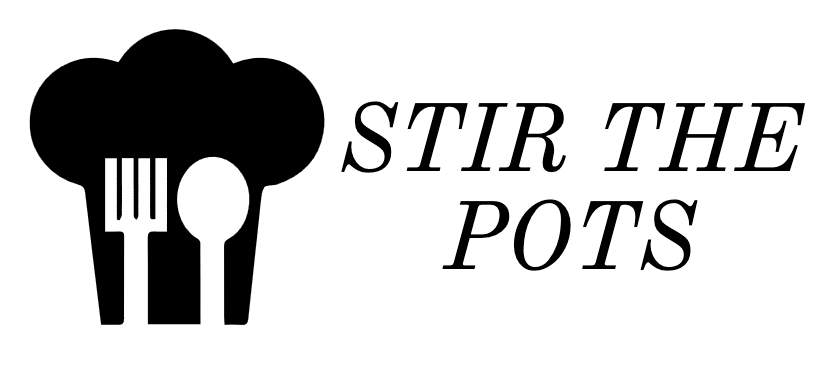
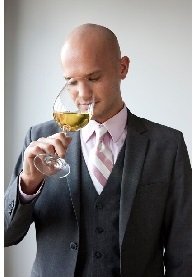
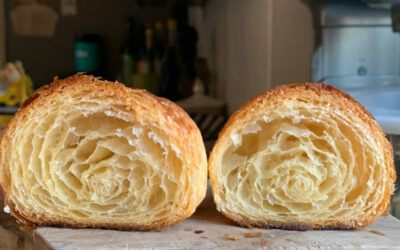
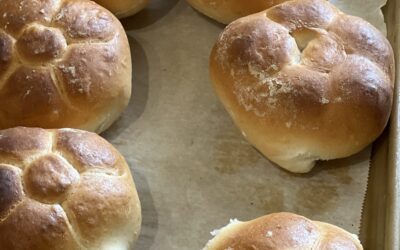

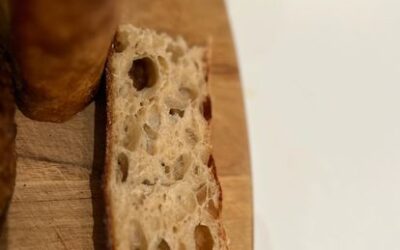
0 Comments